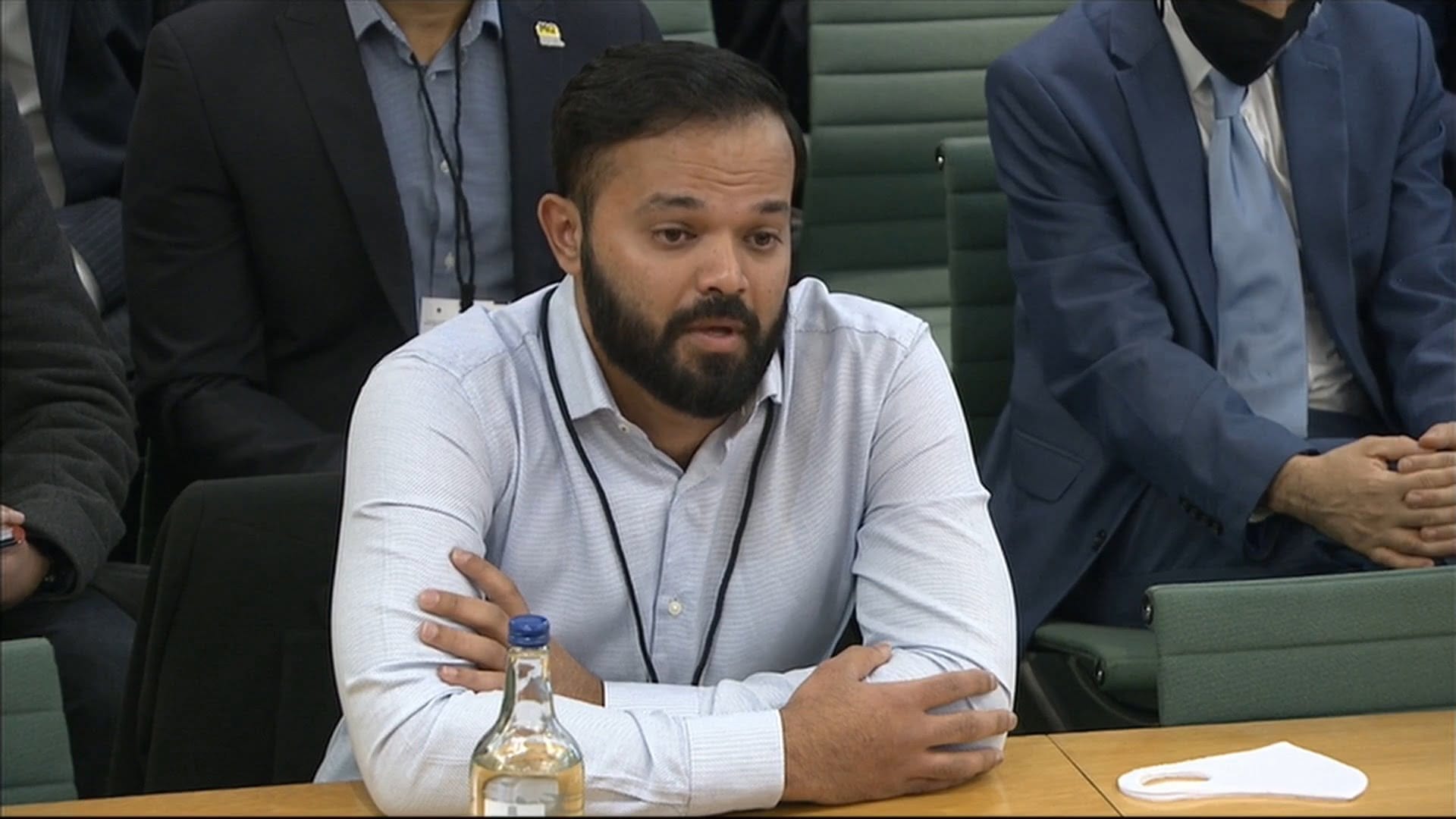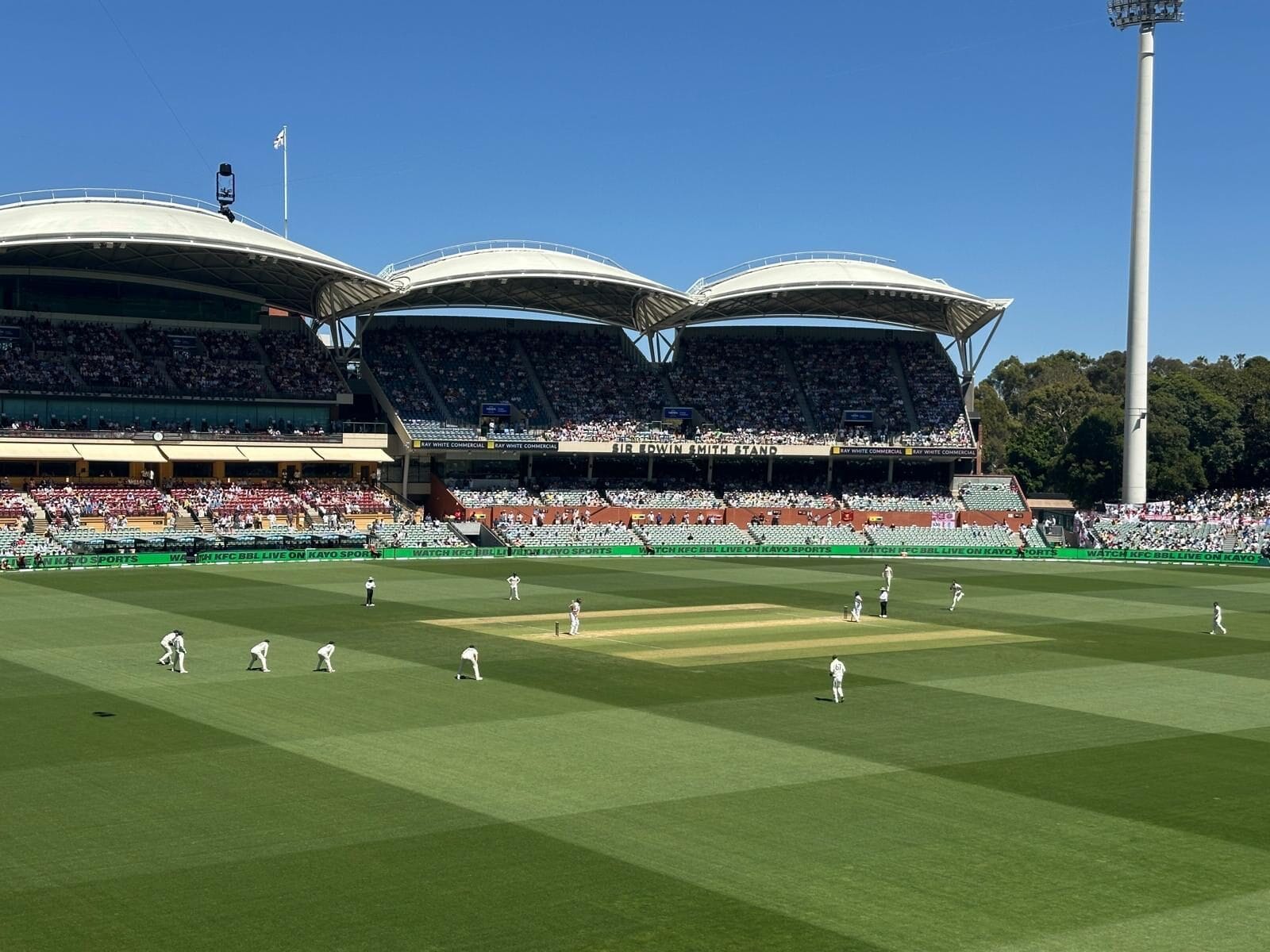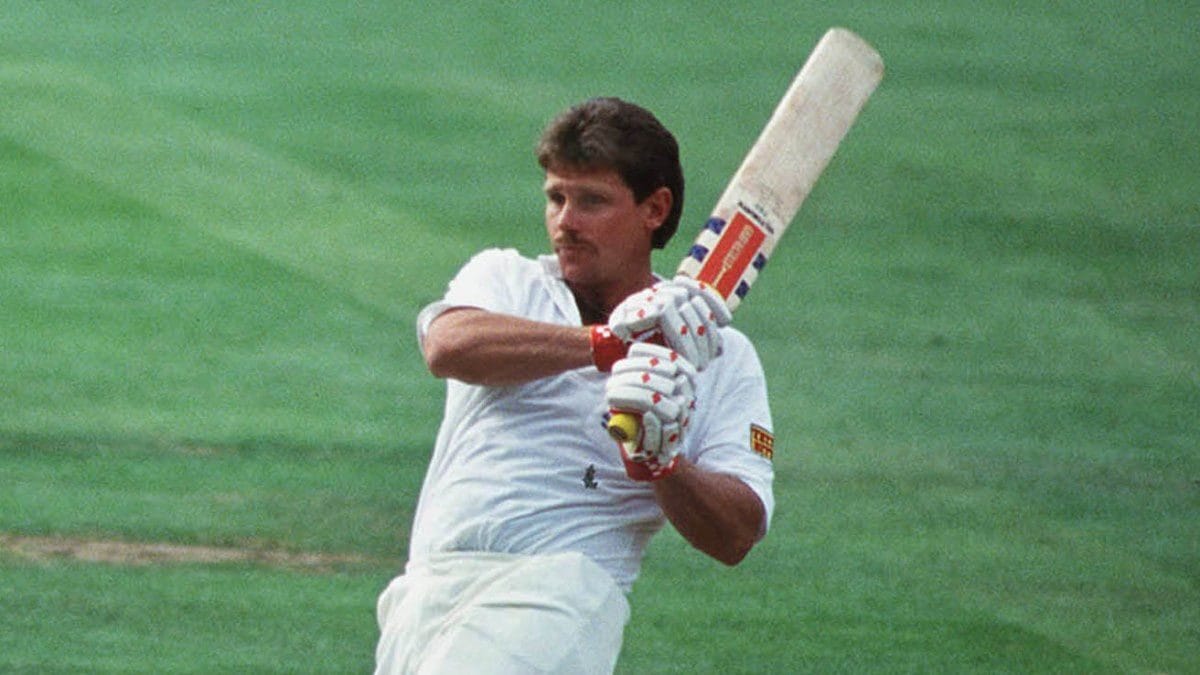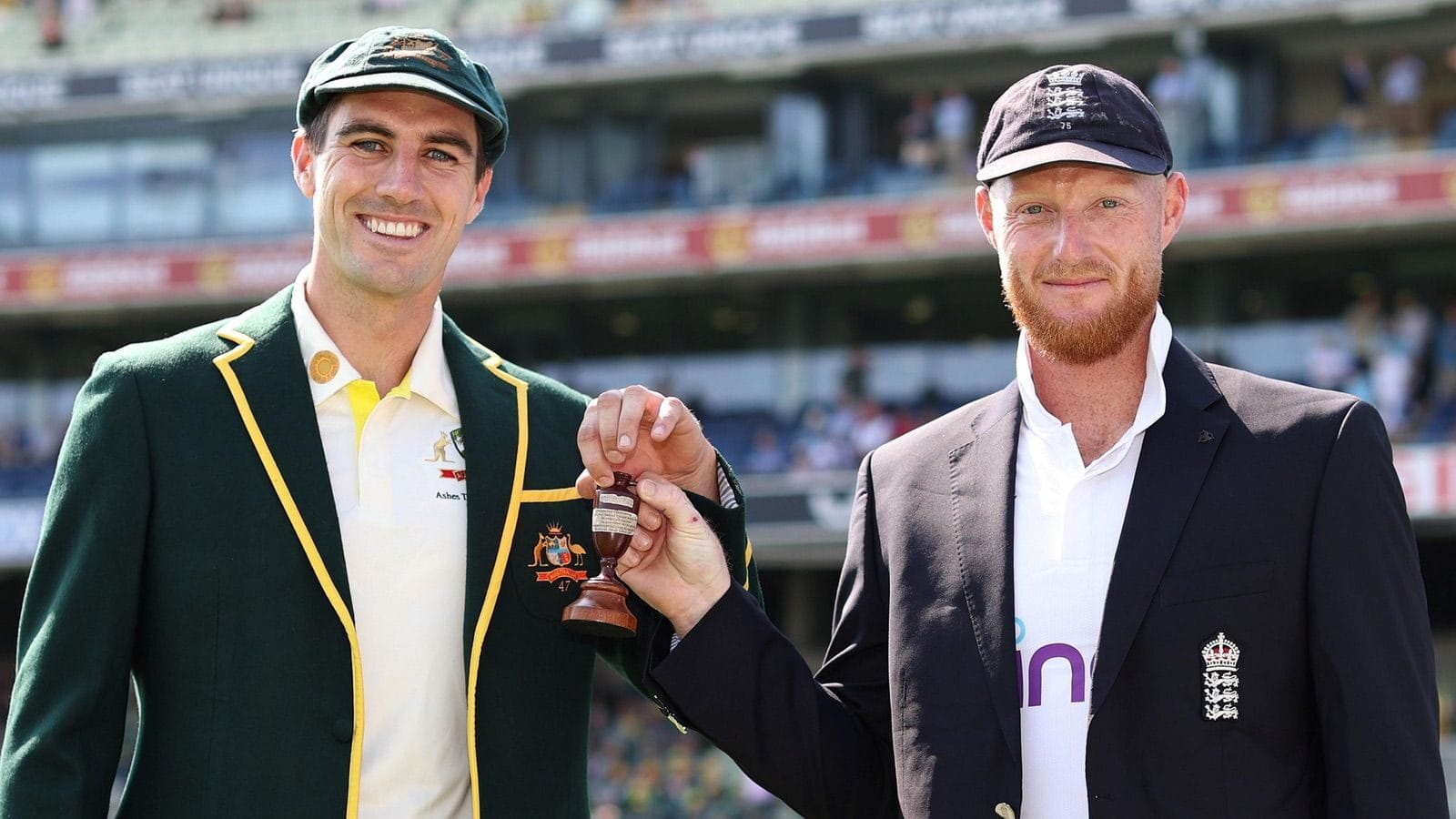In all of English cricket’s long history, there have been few more chilling, more harrowing, days than 16 November 2021. At the same time it might, just might, have helped to set the course for a better tomorrow for what purports to be the national summer game.
This was the day when Azeem Rafiq, the former Yorkshire all-rounder – and an England Under-19 captain no less – appeared to answer questions posed by the Digital, Media, Culture and Sports (DCMS) Committee of the House of Commons arising out of his allegations of institutional racism against his erstwhile employer.
Growing press – and Parliamentary – interest in the basic story, and in the appalling attempt by Yorkshire County Cricket Club to cover it up – meant that much of Rafiq’s essential narrative was already in the public domain. That did not in any way diminish the power of his testimony. Facing a committee of eleven individuals for an hour and a half, answering question after question, he was articulate, passionate, sincere, and forgiving. He seemed to accept the terrible underlying truth of his personal situation – that a highly promising career had been ended by racial prejudice – with incredible dignity but also with a sort of awful clarity. Surely for anyone the most harrowing part of the session was his description of Yorkshire’s assessment of their duty of care as employer after his first child was tragically stillborn: director of cricket Martyn Moxon “ripped the shreds” out of him. Rafiq now has two small children but, he said, he would never want his son to get involved in cricket. This was a man who said that the game had been his whole life.
Racist language became so commonplace that even a “good man” – such as Joe Root – could routinely listen to it without truly appreciating it, or just assuming it was so ordinary that it wasn’t worth bothering about or remembering. Root, a onetime housemate of former England player Gary Ballance, self-confessedly one of the principal perpetrators of racist abuse, had perhaps rather imprudently stated that he had no recollection of having heard any such abuse.
Another desperate moment came when one of the Committee members said that there seemed to be a number of villains – though it must be stressed that for Rafiq this has never been about the individuals – but were there any heroes, people who had stood up for him? Rafiq mentioned Tino Best and Rana-al-Naved, who had recently issued supportive statements. Yes but I meant back when it was all happening, said the member. Were there people who stood up for you then? Rafiq looked straight ahead. “No” he said.
Rafiq was not the only witness who appeared before the DCMS Committee. (A number of people were asked to attend but declined the invitation.) Other participants included the former Yorkshire chairman, Roger Hutton, and a whole team from the England and Wales Cricket Board (ECB), including the chief executive Tom Harrison.
There were times when it was impossible to watch Rafiq’s testimony because it was so painfully moving. There were times when it was impossible to watch Harrison’s testimony because it was so painfully embarrassing.
Harrison must have been asked at least five times whether he agreed with Hutton’s admittedly reluctant admission that the club was institutionally racist. He simply refused to answer, churning out meaningless platitudes. (Harrison has recently received a substantial bonus, presumably largely because of his work on The Hundred; he could yet be hailed as the man who single-handedly destroyed the structure of first-class cricket in England and Wales.)
There were other almost risible elements. Of course Yorkshire’s ham-fisted “independent” inquiry by an international law firm had already been publicly trashed. Nobody seemed to think there was an issue with Hutton having worked for the law firm concerned. And the ECB team seemed quite proud of the fact that there was an “independent” body overseeing its decisions – a body appointed by the ECB itself.
Of course the newspapers have had a field day: “Cricket’s Day of Shame” and all the rest of it. Quite right too. But is the world of men’s professional cricket the only sector in British society where racism now exists? One does rather get that feeling. I definitely heard someone say – was it a member of the DCMS Committee that cricket now is where football was 20 years ago. This was obviously not a reference to the spectators.
It is an undeniable fact that the professional male cricket world is peculiarly prone to the gestation of what have long become generally regarded as unacceptable social traits. I have written about this before in my piece on the Ollie Robinson furore (Education, Education, Education). This is a group of young, predominantly white, predominantly privately educated young or youngish men literally living the dream. Aren’t there bound to be a few “issues”. All the more reason for dealing with it, as a matter of urgency.
It’s a bubble, but not the only bubble. There is the Westminster bubble: the DCMS Committee itself comprises 11 members – appropriately enough. There are nine white men and two white women: very representative. Then there is the bien-pensant commentariat, in their own way almost as detached from reality as professional cricketers. Even in Paradise trouble can exist. Look at Islington.
As Rafiq said, nobody is born a racist. Everyone is a product of their own environment and upbringing. I grew up in Winchester, a classic cathedral city. I don’t think I even saw a person of colour until I was about nine. My father was secretary of the local golf club, the Royal Winchester, and rather astonishingly, they hired a black South African pro. It caused quite a sensation. As young as I was I was conscious of some cringeworthy moments. And Hampshire, again quite unusually, had a West Indian batsman, Danny Livingstone: I always liked him. (Their more famous West Indian, Roy Marshall, was white.)
Since 1980 I have spent most of my time in Singapore. Racially, culturally, Singapore is the original melting pot: the indigenous Malays, Chinese from all corners of that vast empire, Indians – which term in this context means everything from Sri Lankan Tamils in the south to Muslims from the north, Eurasians, and the rest of us. As a white man I am definitely in a minority. On the other hand, as a Brit, there is the whole colonial thing, which cuts both ways. And now I am older: Asians, unlike many modern Europeans, respect that. I can honestly say that I have never been the victim of racial abuse in Singapore. I do know people, however, who have been told “white man go home” or words to that effect. Anyone who thinks there is no racism in Singapore is deluding themselves. There is racism everywhere. Sadly, it is part of the human condition.
At lunch the other day a friend asked if I thought Eoin Morgan had ever been the subject of racial abuse. I told him I remembered watching a Hampshire Sunday League game on television in the mid-70s. The great John Arlott was commentating. Hampshire’s team included Andy Murtagh, a useful middle order batsman, one of the thirteen players to represent the county in their championship year, 1973, and the uncle of Tim, of Middlesex and Ireland. Anyway, the allrounder John Rice was bowling, and the batsman hit the ball to Murtagh in the covers. No run. “Rice bowls and Paddy fields”, said Arlott.
My friend – a Sri Lankan Tamil, now a Singapore citizen – burst out laughing. I don’t blame him; it’s very funny. Apologies if you don’t agree. Was Arlott a racist? The man who reluctantly covered MCC’s tour of South Africa in 1956-57, and on the immigration form in the box marked “Race” wrote “Human” and was so disturbed by what he saw in that benighted land that he refused to return? The man who played the pivotal role in getting Basil D’Oliveira to England? I don’t think so. But could he get away with the same joke now? With the Chinese and the Irish on his back, probably not.
These things are complicated. Years ago I made my first visit to Tokyo, staying in a proper Japanese house, made basically of wood and paper. My host, an American journalist, loved the country. You could make your life here, he said, and stay forever. But you’d always be an outsider. Much later, I was in an Irish bar in Roppongi Hills. The barman was from Equatorial Guinea. There’s multiculturalism for you. We had a chat. We had nothing in common except the one thing that, in that context, mattered. Neither of us was Japanese.
In 1990 my wife, who is a Chinese Singaporean, and I went back to Winchester. It hadn’t really changed that much. I don’t think Anita suffered any racial abuse, but you’d have to ask her. I think the worst was things like “Where did you learn to speak such good English?”, i.e., it couldn’t have been Singapore, which it was, (and where is Singapore? China…?).
Ignorance is often a root cause of racism. But knowledge alone is not enough. Rafiq did not say this in so many words but at the root of his address to the cricketing world and the wider community – for that is what in effect, his participation in the hearing was – were two fundamental things: respect, and understanding.
Halfway through, Rafiq was asked whether anyone had actually apologised to him. He mentioned the former Yorkshire and England bowler Matthew Hoggard. Right at the start he had talked of his initial wonder at sharing a dressing room with legends such as Hoggard and the former England captain Michael Vaughan. By the time of the hearing many people knew that both men were the subject of specific allegations. Anyway Rafiq said that after his interview with Sky, Hoggard called him. He said how sorry he was; he had no idea the words he used – friendly banter obviously – were having such an effect on Rafiq.
Not for the first, or last time, Rafiq was welling up. “All I ever wanted,” he said, “was an apology.”
Thank goodness he did not rest content with an apology. Yorkshire is clearly just the beginning; lots more is starting to come out. But this extraordinary young man has given us all hope for the future. The sport mustn’t let him, and us, down.





11 comments
Dave Allen
You mention ‘Education, Education, Education’. Before Joe Root and Garry Ballance were born, before Matthew Hoggard was in secondary school (etc.) I worked on the largest national Arts Curriculum project this country has ever seen – it led into the National Curriculum. The full range of the arts are a very good place to explore issues of racism in the classroom and part of our brief was to address equal opportunities including what was then often called multicultural education. We worked with teachers, advisers, schools and colleges (5-18) across the country including North Yorkshire LEA. It appears that such efforts failed to hit the mark – unless it is the case that once out of school the ‘culture’ of cricket, (male, testosterone, showing-off, banter etc.) really is the specific problem and overrides other attempts to change attitudes. Of course, racism can be found all over the place – but, for example, I don’t believe at that time in that context, Arlott’s comment was ‘racist’ because there was no exercise of power which seems to me a key feature of institutional racism as that exercised at Yorkshire CCC. Meanwhile like you I’m from Hampshire of course where our Championship side last year had just a couple of English-born players from state schools, neither from Hampshire. Addressing race? Class next, please, Mr Harrison.
David Edwards
A most thoughtful and well written piece Bill. I really hope it is widely read, not just in the Cricket World. I fear that racism is everywhere, in just about every sport anyway. Some are better than others (e.g. football which has done a lot in recent years at least to get players of every race to treat each other with respect) but there’s a long way to go.
Nick White
Excellent article Bill, as several people have already stated. The diversity in the England football team or rugby team compared to the England cricket team is a good benchmark for English cricket to judge progress against going forward.
Charles Orwin
An excellent article, Bill, summarising this sad situation so well. I fear it won’t be the last we hear of these kind of stories.
Piers+Pottinger
Superb piece. Very measured with wise conclusion. Now sexism is hitting Australian cricket costing the Captain his career. Cricket is not in a happy place at the moment but I am sure it can recover.
Alex+Deverell
Superb piece Bill – thank you. Such a wretched situation for our beloved cricket. I’m so angry at some of those individuals and would just like to give Rafiq a hug.
Bruce Freeman
There’s been a huge amount for those of my generation born into a largely white, overtly or subliminally racist and proud-of-empire Britain to reflect on. I am certainly a product of those attitudes and wish that I had behaved differently in the past.
But then so does Rafiq, who as a young man was as biased and unpleasant about a different ethnic group as any of the sporty but dim white English cricketers who ground him down.
History would seem to suggest that there have been societies down the ages where religion, race, first language and customs were irrelevant so long as taxes were paid and law-abidingness prevailed. How much joshing and banter took place amongst the different Persian, Roman or Berber-Hispanic segments, particularly where competitive young men were concerned, can only be conjectured. But as a contemporary of Bill’s in Winchester, I’d hazard that adolescent males always have been and always will be prone to mockery, mindless parroting of received opinions and a preference for being with the mob than outside it.
Be that as it may, the UK has a population of ever-increasing diversity and sports people reflect that. Perhaps the thoughtlessness of young fellow sportsmen would be less harmful if the committees, boards, managers and coaching staff were more representative of the players’ backgrounds and more inclined to ensure fairness, respect and encouragement in every way. If everyone felt valued and equal, such banter as flew round an adrenaline filled changing room might not be seen as hate speech or a sign of pure malice.
Ed Ion
Thanks so much Bill – the best thing I have read about this sad episode. I have been called “stupid Ang Moh” in Singapore many times – and am deeply proud of the fact. I sometimes shudder to think what my wife calls me in Korean …..
Trevor
Thank you Bill for your take on the events which have left me very sad and even ashamed of the game I love.
Nambi
Thank you Bill, excellent and sincere analysis
Anthony Palmer
Very thoughtful and perceptive as ever, especially regarding John Arlott.
I expect you saw Stephen Fry’s Spirit of Cricket lecture on Tuesday – which combined wit with a deep understanding of the game and the issues it faces.